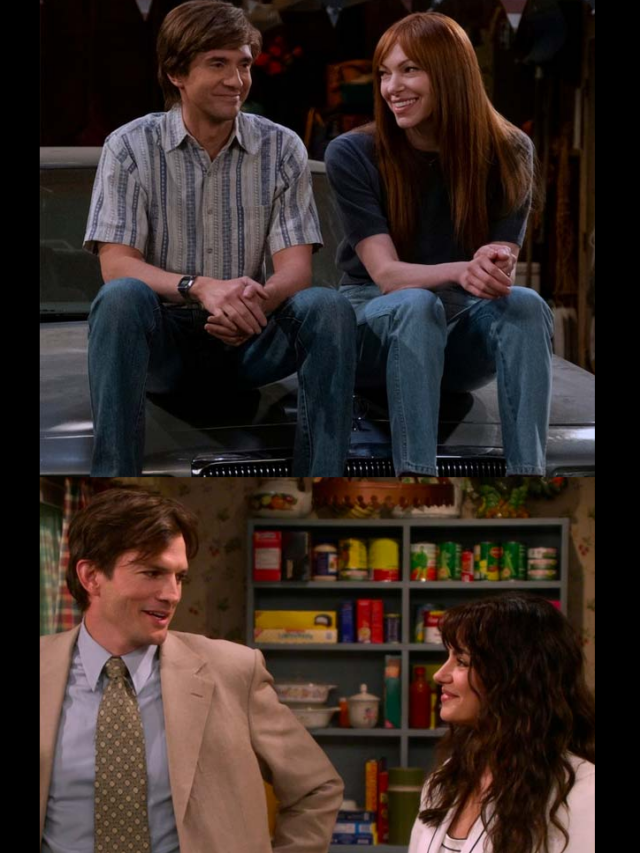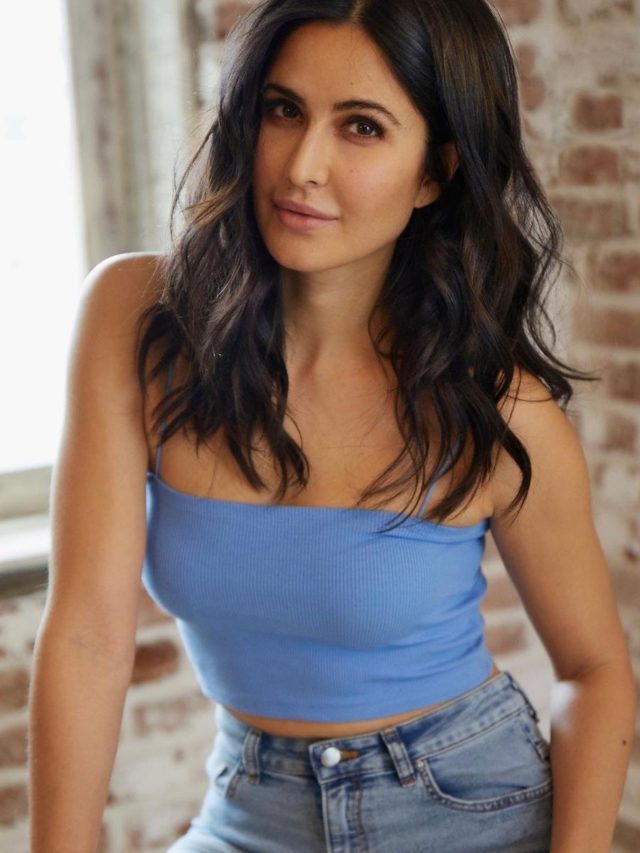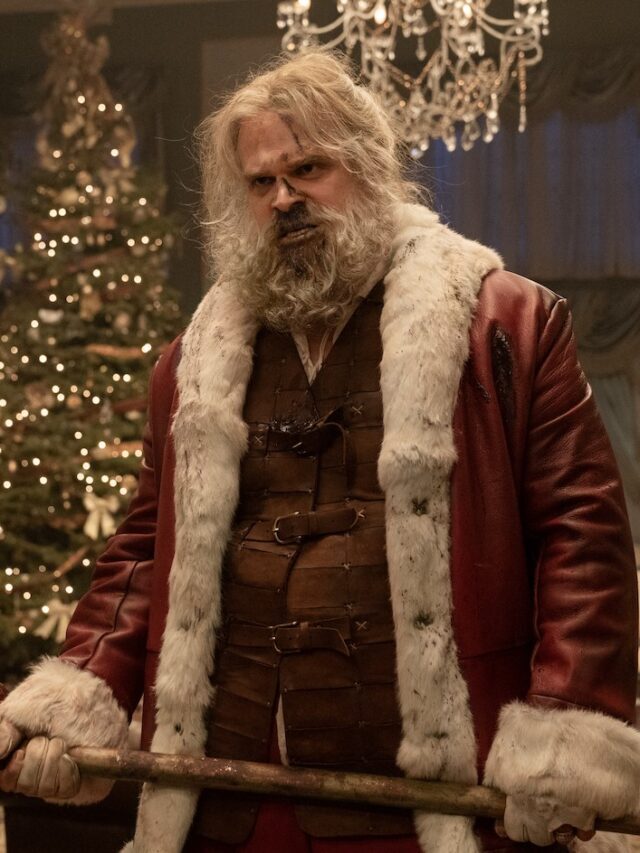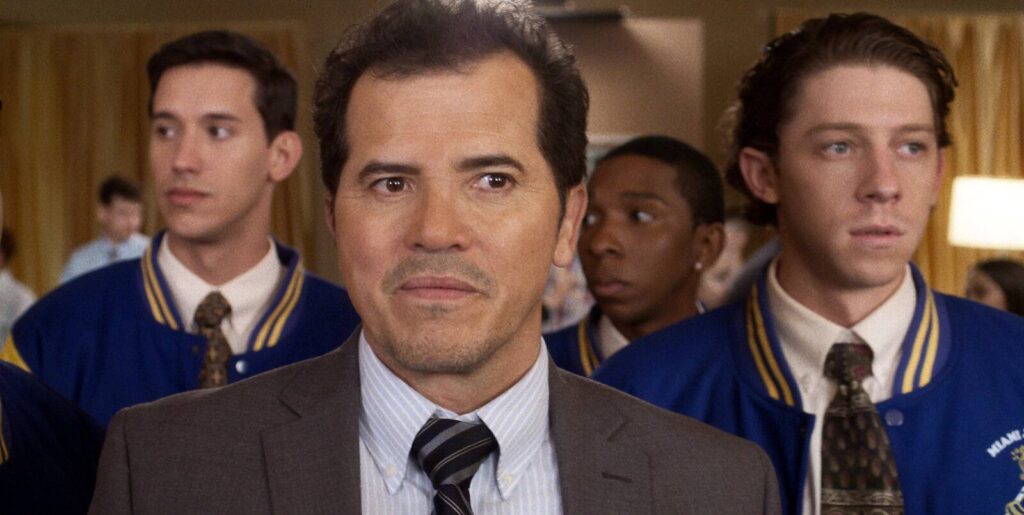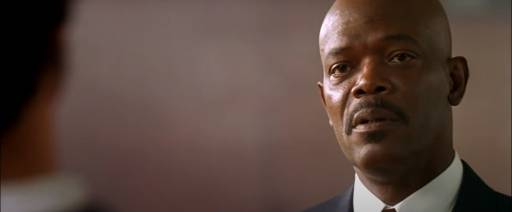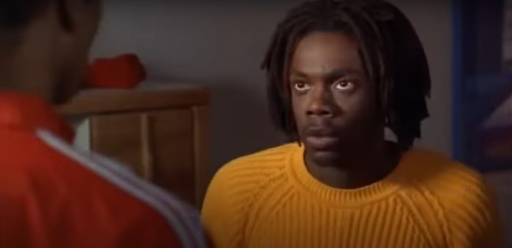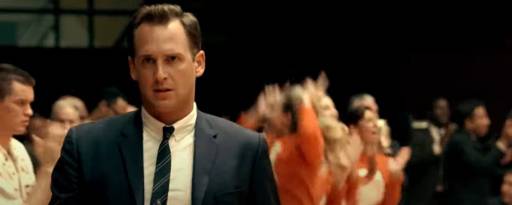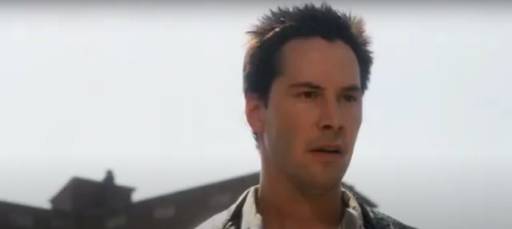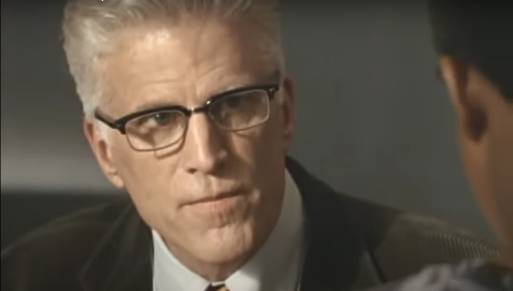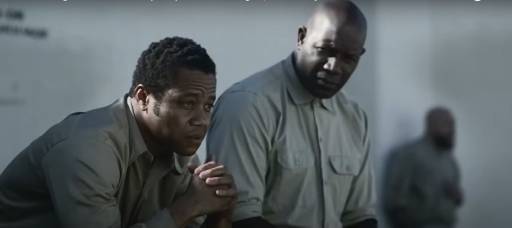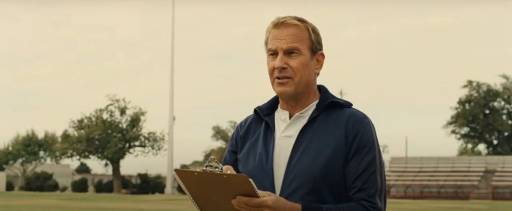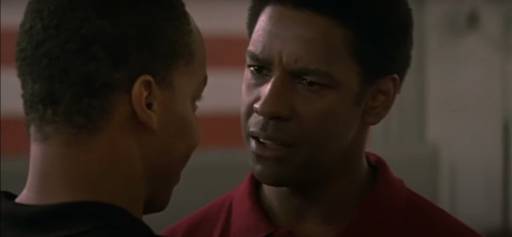The central characters of the 2020 biographical sports drama film “Critical Thinking” are a group of inner-city students from Miami Jackson High School. It demonstrates how a few kids are motivated to compete in the National Chess Championship by their chess teacher, Mario Martinez, in 1998. The film examines classism and racism and shows how those with less privilege must always put up a bigger battle to have the same opportunities.
The film, which was directed by John Leguizamo and is based on real events, provides an accurate representation of the life of inner-city children in Miami. The viewer sees how the boys persevere in the face of adversity to achieve success. If you enjoy these sports drama films, we’ve put together an intriguing list just for you. The majority of these films like “Critical Thinking” are available on Netflix, Hulu, or Amazon Prime.
Coach Carter (2005)
The movie “Coach Carter” is based on the real-life experiences of Richmond High School basketball coach Ken Carter, who strives to instill in his players the value of academics and athletics. The team suffers its first loss in the tournament after Ken Carter (Samuel L. Jackson) benches the entire team due to their subpar academic performance. It’s interesting to note that Coach Carter, the main character in the movie, opposes his team playing basketball without studying.
Coach Carter, in contrast to Coach Martinez from “Critical Thinking,” does not view athletics as a metaphor for life. The films are fundamentally similar despite their obvious differences because they illuminate how poverty pushes people into a life of crime. While Ken and Mario use various techniques, they all want the players to live secure and fulfilling lives. Both movies keep their viewers interested until the very end and leave them thinking about how they reflect various societal challenges
Cool Runnings (1993)
A sports movie produced by Disney called “Cool Runnings” was influenced by the Jamaican bobsleigh team, which made their Olympic début in 1988. It follows a disqualified Jamaican sprinter who chooses to form the nation’s first bobsled squad and compete for his country in the Winter Olympics. The film is directed by Jon Turteltaub. Due to the absence of firearms, drugs, and troubled neighborhoods, “Cool Runnings” is a slightly softer version of “Critical Thinking.”
Instead, the movie shows how the world sees places like Jamaica and how racial and social divisions in society do not stop the squad from competing in the bobsleigh race. Intriguingly, “Cool Runnings” and “Life of a King” are comparable in that both depict modest successes and emphasize the importance of taking the first step toward a major goal.
Glory Road (2006)
James Gartner’s sports biopic “Glory Road,” which is set in 1966, follows Coach Don Haskins as he chooses the college basketball team’s first-ever all-black starting lineup. To demonstrate that everyone deserves an equal opportunity to pursue glory, he drives the team to the NCAA National Championship. A historical drama called “Glory Road” examines prejudice in the 1960s. It resembles “Remember the Titans” in many aspects and “Critical Thinking” in others.
Throughout the latter, Coach Martinez makes several statements to the effect that the boys must avoid disturbance at all costs. He says that some people are trying to harm them because of something they are powerless to change. He claims in another scenario that the history textbooks overlook Latino and Black Americans in order to incite a strong longing in the boys’ hearts. In a similar vein, Coach Don selects the basketball team and sees to it that they win in “Glory Road.” The players struggle against all difficulties in both scenarios in an effort to come closer to their goals.
Hardball (2001)
Brian Robbins’ sports drama film “Hardball” is based on Daniel Coyle’s book “Hardball: A Season in the Projects.” It centers on Connor O’Neill (Keanu Reeves), a gambler who is heavily indebted to bookmakers and who can only get out of debt by managing an African-American youth baseball team to victory. Hardball is a classic underdog tale about a group of outcasts that no one believes in, much like “Critical Thinking.” Both films have similar character arcs, conflicts, and conclusions.
The coach’s function is one of the clear distinctions between the two movies. Coach Mario is practically flawless in every way in the John Leguizamo film. Even though he has a troubled past, he doesn’t seem to have any defects. In contrast, Connor is shown in the Brian Robbins-directed film as a seriously troubled individual who is gambling dependent. He is far from being the ideal teacher for the children, but as the story goes on, he develops into the mentor they need. As a result, the viewer can relate to Connor more easily and on a deeper level due of his flaws.
Knights of the South Bronx (2005)
The protagonist of the drama film “Knights of the South Bronx” is Richard Mason, who accepts a position at a South Bronx school and tries to teach the students the game of chess. The majority of these kids are from troubled homes and don’t appear interested in learning the game or anything else in class. Things start to improve and the teacher gives the kids a reason to live one day when one of them realizes how talented Richard is at the game. The film, which was directed by Allen Hughes and is in many respects similar to “Critical Thinking,” is based on the true story of David MacEnulty.
For instance, both stories include disadvantaged children who don’t think they would have a future after graduation. Another illustration is how chess turns into a ray of hope for kids who believe they can achieve anything. The most important similarity between Richard Mason and Mario Martinez is their approaches to the game. Both contend that it doesn’t matter where a child is from, their race, gender, or physical characteristics on the board. Chess serves as a sort of leveler for all players. Because it clarifies the idea of privilege, what it’s like to come from a poor background, and how people can always change if given the chance, the ideology is important to the story.
Life of a King (2013)
The Jake Goldberger-directed film “Life of a King” is based on the true tale of Eugene Brown, an ex-convict who founds a chess club to give local teenagers a purpose in life and keep them away from drug dealing and other illegal activities. The film directed by Jake Goldberger is a bit darker than “Critical Thinking.” The latter’s spectacular victory at the National Chess Championship seems to inspire hope. Even so, there is hardly much hope in the first case.
Both movies depict what it’s like to be an inner-city youngster and how people see them, but “Life of a King” paints a more realistic image of the problems and challenges people encounter on a daily basis. The intensity and grit are significantly greater than in Critical Thinking. The audience can take away the lesson that hope need not just come from significant achievements after watching both storylines play out. In actuality, it might originate from something as simple as an expression of gratitude.
McFarland, USA (2015)
The sports drama film “McFarland, USA” is based on the true account of the 1987 cross-country squad from a McFarland, California, school with a significant Latin American student body that wins the state championship. Jim White (Kevin Costner) and his family relocate to McFarland as a result of a horrible occurrence, and the previous coach tries to put together a cross-country squad with players no one believes in.
The Niki Caro-directed picture is a fascinating underdog tale that depicts people’s struggles as a result of societal preconceptions and racism, similar to several other movies on the list. Similar themes are covered in “Critical Thinking,” which also encourages audience support for the team. In both films, playing sports gives them a sense of direction and helps them move toward a better life. Although the audience applauds the winners, the real achievement lies in the audience’s newfound positivity. No matter what they do or where they go, the children will be fine, according to this.
Remember the Titans (2000)
Boaz Yakin’s biographical sports drama film “Remember the Titans” is focused on a football team that was the first racially integrated team in the school. Football serves as a vehicle via which the squad members, under the direction of an African-American coach named Herman Boone (Denzel Washington), learn ideas like equality and solidarity. The film examines racism and shows how pervasive it was during the 1970s.
While racial discrimination isn’t the story’s central theme in “Critical Thinking,” it is mentioned in a few moments. This is in contrast to “Remember the Titans,” where it is. Additionally, due to the varied objectives that Coach Herman and Coach Mario are attempting to achieve, their strategies are very different from one another. The former wants the team to work as a cohesive unit regardless of the backgrounds of the players. Coach Mario needs the players to view the game as a chance to succeed in life, though.
.
Our Team DCS includes 5 different writers proficient in English and research based Content Writing. We allow them and encourage them to follow the Entertainment news all day long. Our posts, listicles and even the exclusives are a result of their hard work.

